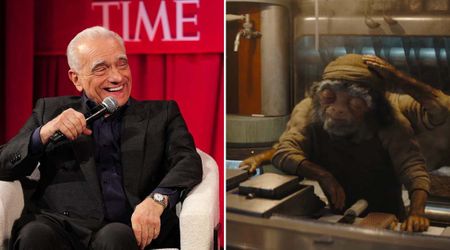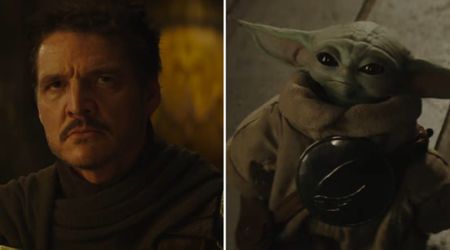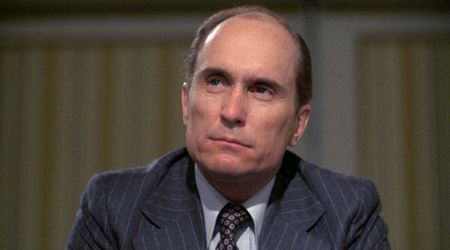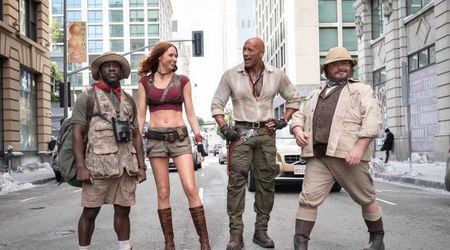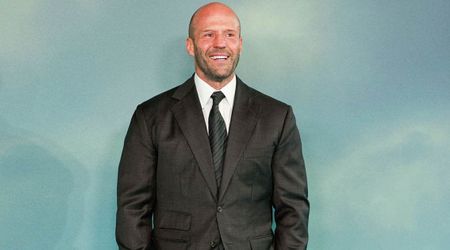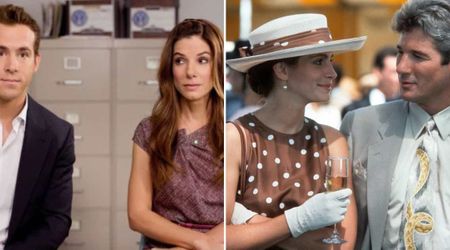'Enola Holmes' Ending Explained: Why did Lord Tewksbury's grandmother want to kill him before the vote?

The one thing that 'Enola Holmes' does well is throw in the surprise twist of having the villainous man in the bowler hat say he is doing it "for England". Then the sinister tap-tapping on the floor reveals the mind behind the plot to kill Lord Tewksbury -- his sweet old grandmother, the Dowager, played by Frances de la Tour.
Earlier in the film, we see the Dowager is the only one sharp enough to follow Enola and see through her widow's disguise. Then, we have that little conversation in the orchard, which is part of the 'ancestral land' of the Basilweather estate. As a viewer, you feel a bit uneasy about how this sweet old woman essentially talks about how it is right that the elite aristocratic class should hold on to lands and their power forever for the 'glory' of England. But you dismiss the warning bells by thinking it is the ramblings of a woman stuck in the past as does Enola.
This is why, when she is revealed as the 'Big Bad', it is a shock. Both she, and the man she hired to kill Lord Tewksbury, believe in a certain elitist idea of England that they think 'reform' (like allowing the universal right to vote to every man and woman, regardless of their gender, education, or status) will destroy.
The young viscount, Lord Tewksbury, and his late father before him had more progressive views, which the Dowager thought was a threat to the country. In some ways, her 'patriotism' led her to have her own son killed in a staged burglary and attempt to have her grandson murdered as well. Thus, Enola by rescuing Lord Tewksbury secures the path to progress and a more egalitarian England because Lord Tewksbury's vote is the deciding one in favor of reforms that would ultimately lead to universal suffrage.
In a way, this poignantly connects back to the disappearance of Enola's mother who had taken off to champion a more explosive and militant solution to securing the right to vote for women. When Enola secures this same end without violence and bloodshed, Eudoria returns to see her in her rooms that she can afford thanks to her first "fees" as a detective.
The bitter-sweet moment underlines how Enola has outgrown her mother, even though she needs that final hug from her before they part ways. Eudoria too realizes this and is proud of her. However, for viewers, her sudden disappearance and appearance connected to her violent revolutionary ways are one of the least satisfying plot devices in the film. We need something to get Enola out of the sheltered existence with her mother and into the hands of her indifferent brothers, but we never get to know enough about Eudoria to understand how and why a loving mother devoted to her daughter would suddenly abandon her on her 16th birthday. This is why, even though the film ends with a hug between Enola and Eudoria, the emotional relief the moment is supposed to provide is never achieved because it is never earned along the way, in the course of the film.
Instead, it is the moment when Enola, sulky and suspicious, evades her older brothers after Sherlock mimics the code Eudoria used to communicate with Enola, that makes for a better end. This is especially because Sherlock finally takes responsibility for Enola after seeing himself in her in the way she solves the Tewksbury case. And that is the real win at the end.
'Enola Holmes' is available to stream on Netflix.

